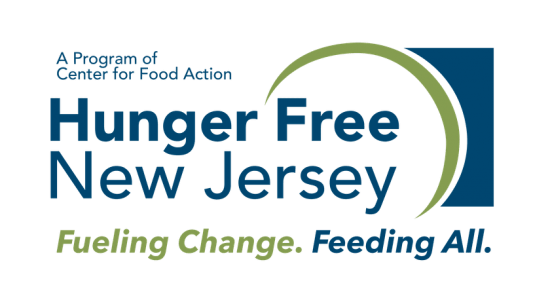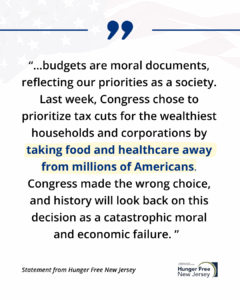Last week, the Assembly Human Services Committee voted to increase the minimum monthly benefit under the State SNAP Minimum Benefits Program from $50 to $95 and authorizes DHS to increase program benefit amount.
This legislation, A5086/S3491, comes in response to the end of maximized benefit amounts, or SNAP Emergency Allotments, that families have been getting since March 2020. These Emergency Allotments are ending in March 2023 because of the Consolidated Appropriations Act of 2023. As a result, households who have depended on these maximized allotments will be receiving an estimated $82 less per person in monthly benefits, leaving families with significantly less purchasing power and decreased access to healthy food.
“SNAP benefits provide monthly funds that help families and seniors buy food from grocery stores, bodegas, and farmers markets,” said Speaker Craig Coughlin. “These benefits make groceries affordable, providing access to fresh, nutritious foods, and does it in a dignified way.”
As food prices continue to soar, it will be even more difficult for struggling NJ families and seniors to afford a healthy diet. A recent release by the Bureau of Labor Statistics states that grocery prices have risen 11.8% year over year, with prices of basic goods like eggs skyrocketing up 60% annually.
The loss of maximized SNAP allotments will also have a dramatic impact on NJ’s economy. Over the course of the pandemic, over $3 billion in federal SNAP dollars have been spent in grocery stores and farmers markets across the state.
“We have 1.4 million people inside of our state that’s impacted by food insecurity, and out of that, 400,000 are children,” said Assemblyman Reginald Atkins. “To do something like this is a direct impact not only to those who are suffering from not having a job, but for those who actually have jobs, but just need extra help.”




